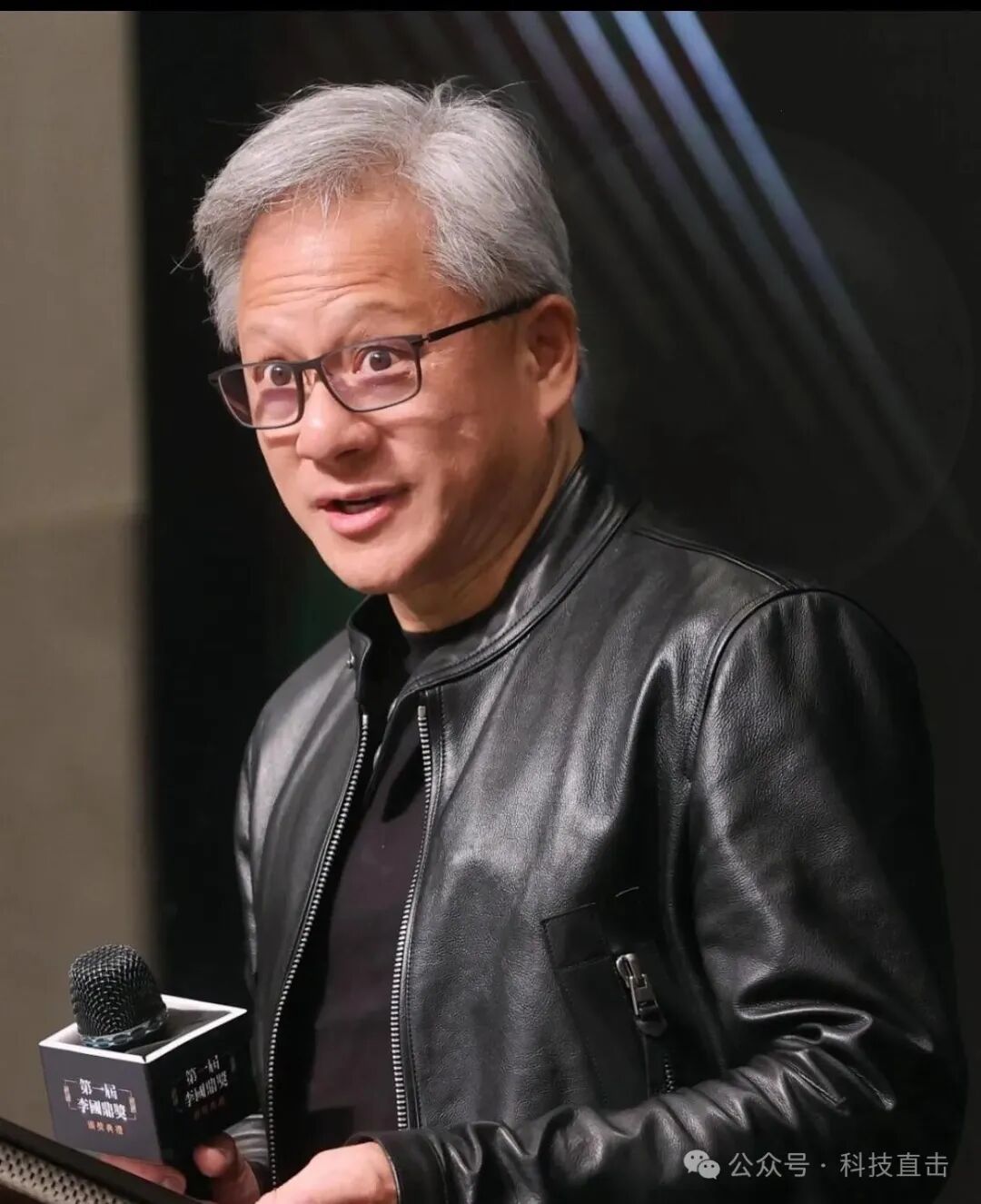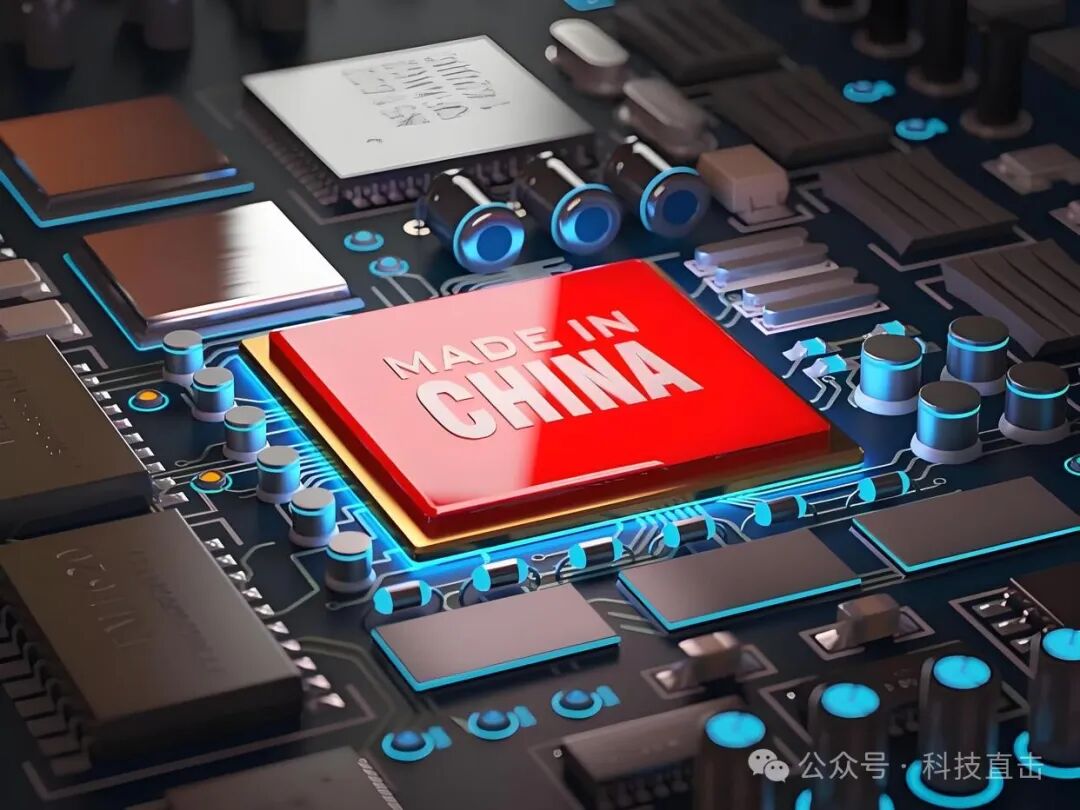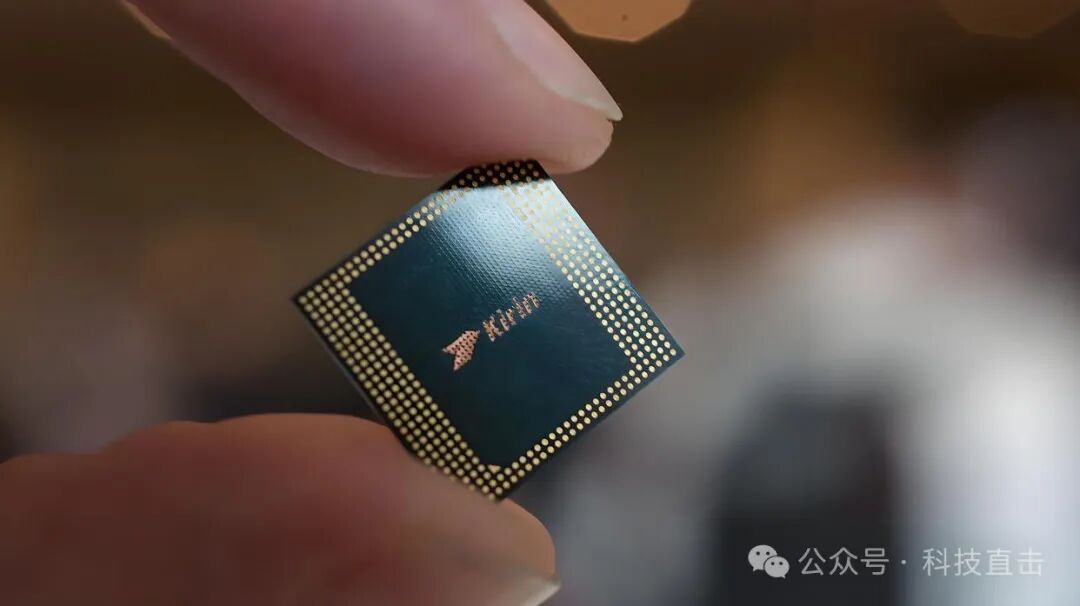Who would have thought that NVIDIA, once standing at the pinnacle of AI chips, is now so anxious that even its CEO has to personally visit China?
Just last month, the US suddenly announced a ban on the export of H20 chips to China, causing Huang Renxun to lose 5.5 billion overnight, with stock prices crashing to the point where even his mother wouldn’t recognize them.
This Silicon Valley mogul immediately flew from the US to Shanghai, declaring, “The Chinese market will always be NVIDIA’s home!”
But the Chinese have seen through it; back then, you sold ‘crippled chips’, and now you want to cling to us?
But the situation is about to get worse: Huawei suddenly unveiled the Ascend 910B, which matches the performance of the A100, slashing the price in half, and NVIDIA chips in Shenzhen’s Huaqiangbei were immediately hoarded by speculators… This US-China chip war has finally come to a head!

The actions of US politicians are simply laughable. They shout about “protecting national security” while forcing NVIDIA and AMD to cut off chip supplies to China.
What happened? Chinese companies’ AI servers did experience delays for two months, but the stock prices of US companies couldn’t hold up.
In just one quarter last year, NVIDIA lost $400 million in revenue, and after the ban on H20 chips, the loss skyrocketed to $5.5 billion.
Now even Wall Street is complaining: “This is forcing China to produce its own chips!”
To maintain its presence in the Chinese market, NVIDIA designed a “crippled version” of the H20 chip last year—its performance is only a quarter of the flagship H100, but the price remains unchanged.
Yet even this kind of crippled product is now banned by the US. Chinese customers are furious: “You won’t let us buy even if we pay? Just wait, we will make our own!”
Even worse is AMD; after being unable to sell the MI308 chip, a major cloud computing deal in Jiangsu was snatched by Huawei. No wonder Silicon Valley giants are now collectively going crazy, protesting daily at the White House.
Huang Renxun has already made three trips to China this year, meeting with ministers and provincial governors, and he’s just short of serving tea to domestic manufacturers. His latest move is partnering with Hangzhou Yushu Technology to develop robotic systems, promising, “We will customize 100 AI products for China in the next three years!” But industry insiders are not buying it: “Why didn’t you say this when you were selling junk chips?”

Just 48 hours after the US ban was announced, the price of the H20 chip, originally 1 million yuan in Shenzhen’s Huaqiangbei market, skyrocketed to 1.4 million, with dealers announcing they would “temporarily stop selling” their stock.
In Beijing’s Zhongguancun, scalpers went wild on WeChat, collectively posting: “Last ten sets of discounted H20, buy it and profit!”
Insiders revealed that a certain AI giant overnight purchased 200 sets of H20 from the black market, fearing they would be cut off the next day.
The Huawei Ascend 910B suddenly sold out. This domestic chip matches the performance of NVIDIA’s A100, priced at only 800,000 yuan, and a certain short video platform sold out 2,000 sets in just five minutes during a live stream.
Someone even listed an old V100 chip, used for two years, on Xianyu for 600,000 yuan and it was snapped up immediately. Users in the graphics card community are going crazy: “You could buy a Porsche for that price!”
But companies working on AI have no choice; without high-end chips, training large models is as hopeless as riding a bicycle on the highway.
While the US is still reveling in its chokehold, China’s semiconductor industry is going crazy. The Huawei Ascend 910B chip has suddenly ramped up production this year, with monthly shipments exceeding 10,000 units, directly matching the performance of NVIDIA’s flagship A100 from three years ago.
A company in Jiangsu working on autonomous driving calculated: “Using Ascend is half the cost of imported chips, and the key is we don’t have to look at the Americans’ faces.”
Domestic AI frameworks like Baidu PaddlePaddle and Huawei MindSpore have now adapted to over 20 local chips. A PhD from a certain AI lab in Beijing revealed: “It used to take three months to port code, but now it can be done in two weeks.”

Even overseas users are starting to try it out; a Middle Eastern tycoon spent 500 million last year hoarding Ascend chips, citing that “the technical support from the Chinese is ten times faster than that from the US.”
The Shanghai Microelectronics 28nm lithography machine has just gone into mass production, and SMIC immediately placed an additional order for 50 units. Videos leaked online show workers assembling machines in three shifts, with slogans on the walls stating: “The US ban is the best overtime pay!”
The most dramatic twist occurred in Suzhou. Supply chain insiders revealed that before the supply cut, NVIDIA secretly hoarded 100,000 H20 chips in various warehouses across China, some even hidden in air raid shelters. “They originally planned to release them slowly to maintain the market, but once the ban was issued, they were all stuck with them.”
Compliance channels are afraid to sell, and black market prices are inflated. It is said that NVIDIA has sent business teams to visit old customers one by one: “Bro, how about we sign a ten-year installment payment?” Domestic manufacturers directly retorted: “Where were you earlier? The Ascend chips from Huawei can still issue invoices!”
Recently, Huang Renxun posted a meaningful meme on LinkedIn: a panda munching on a chip, captioned “True innovation does not require a license.” Netizens collectively played along: “Translated, it means we are finished; China cannot be stopped!”
(The data regarding companies mentioned in this article comes from public financial reports and industry analysis reports, while price information is compiled from dealer interviews and e-commerce platform monitoring.)